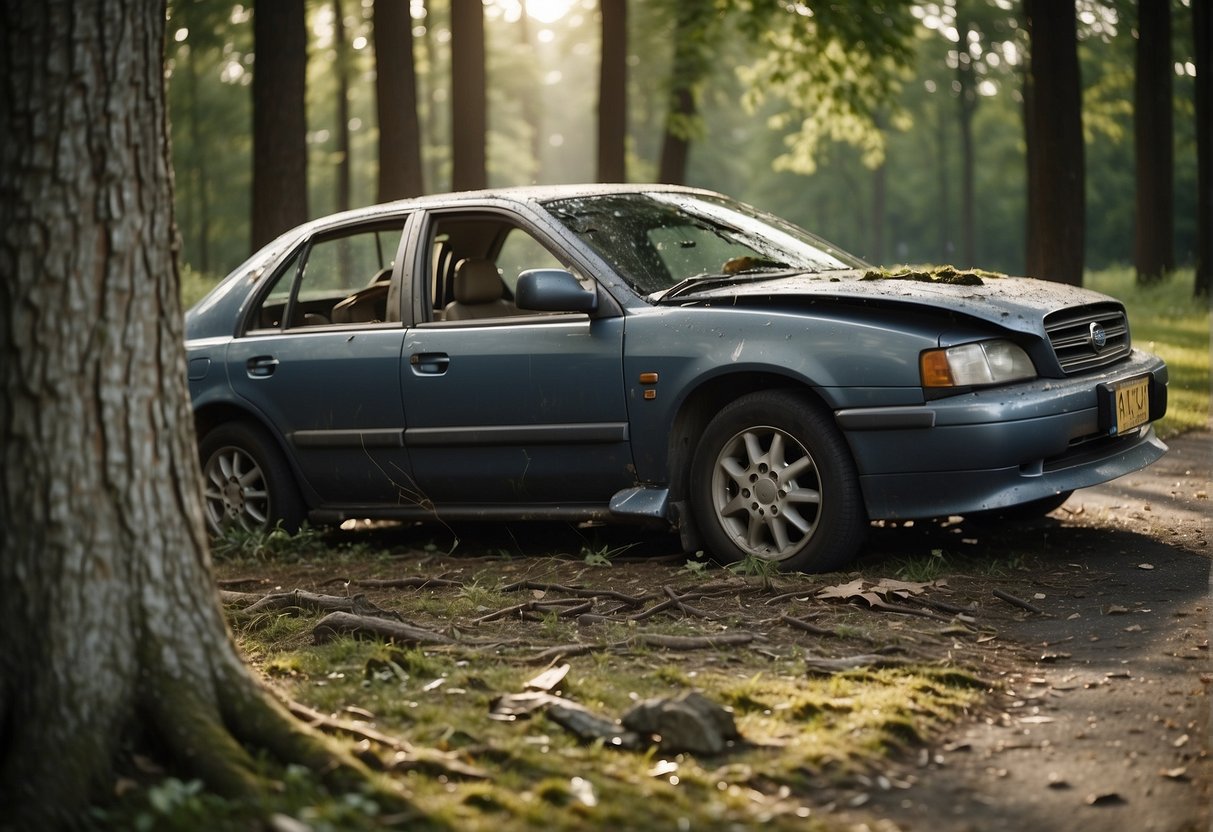In the aftermath of a car accident, determining liability is a critical step in resolving the situation legally and financially. Liability refers to the legal responsibility one party has to another in the event of a traffic collision. The process to ascertain who is at fault requires a clear understanding of the laws, as well as an examination of the evidence from the accident scene. This evidence can include witness testimonies, traffic camera recordings, and the police report. These components collectively play a vital role in shedding light on the circumstances that led to the accident.
Assigning fault in a car accident involves an analysis of negligence, which is defined as the failure to take reasonable care while driving. Each driver’s actions are scrutinized to determine if they deviated from the expected standards of conduct on the road. For instance, if a driver was speeding, ignoring traffic signals, or driving under the influence, they are likely to be considered negligent. The concept of comparative negligence may also come into play, where multiple parties could be found partially responsible for the accident based on their contribution to the event.
Insurance companies often engage in a thorough investigation to evaluate fault in auto accidents. They assess damage to the vehicles, review legal statutes related to traffic violations, and consider state-specific rules that impact liability. Some states operate under a “no-fault” system, meaning that each driver’s insurance company pays for their own losses regardless of who caused the collision. In contrast, “at-fault” states require the responsible driver’s insurance to cover the damages. Understanding these nuances is essential for anyone involved in a car accident, as it affects their ability to recover damages and navigate the legal implications that follow.
Determining Fault in a Car Accident
Identifying the party at fault in a car accident involves legal principles, the role of evidence, and an understanding of comparative negligence.
Legal Principles Governing Liability
Liability in car accidents is usually determined by the principle of negligence. An individual is considered negligent when they fail to exercise the level of care that a reasonable person would under similar circumstances. In New Orleans, for example, a car accident lawyer would aim to prove negligence by showing that the other party breached a duty of care owed to their client.
- Duty of Care: Establishing that the defendant owed a duty to the plaintiff.
- Breach of Duty: Showing that the defendant breached that duty through actions or inaction.
- Causation: Demonstrating the defendant’s breach caused the plaintiff’s injuries.
- Damages: Evidence of actual damage or harm to the plaintiff as a result.
Role of Evidence in Establishing Fault
Establishing fault in a car accident hinges on the collection and presentation of evidence. Both law enforcement and parties involved will gather information at the scene. Evidence evaluated includes:
- Police Reports: Official documentation which may indicate violations of traffic laws or culpability.
- Witness Statements: Accounts from individuals who observed the event can support claims of fault.
- Traffic Camera Footage or Photographs: Visual evidence can corroborate the sequence of events leading to the accident.
- Vehicle Damage: The extent and location of vehicle damage can indicate how the accident occurred.
When you find a New Orleans car accident lawyer, he or she will meticulously review this evidence to build a strong case for their client.
Comparative Negligence and Its Impact
Comparative negligence assigns fault to each party involved in an accident based on their contribution to the incident. Louisiana follows a comparative fault system, meaning that a plaintiff can recover damages even if they are partially at fault, but their recovery will be reduced by their percentage of fault. The key components of this system include:
- Percentage of Fault: The court assigns a percentage of fault to each party based on the presented evidence.
- Damage Reduction: The plaintiff’s awarded damages are decreased in proportion to their determined fault.
In this system, it is important for a New Orleans car accident lawyer to minimize their client’s degree of fault to maximize potential damage recovery.
Seeking Legal Assistance
When involved in a car accident, it is crucial to consider hiring a legal expert who can navigate the complex proceedings and fight for the rightful compensation.
Choosing the Right Car Accident Lawyer
Identifying a qualified car accident lawyer involves researching candidates with a proven track record in car accident cases. A New Orleans resident might seek a lawyer specializing in Louisiana’s traffic laws and personal injury claims. Criteria for selecting the right lawyer include:
- Expertise in Car Accident Law: Look for a lawyer with a focus on car accident cases.
- Experience and Success Rates: Check previous case outcomes and success rates in similar situations.
- Client Reviews: Read testimonials to gauge client satisfaction.
The Process of Legal Representation
Upon hiring a car accident lawyer, the client can expect the following sequence of events:
- Initial Consultation: Discuss the accident details with the lawyer.
- Case Investigation: The lawyer researches the accident, compiles evidence, and identifies liable parties.
- Legal Strategy: The lawyer formulates a strategy tailored to the client’s circumstances.
- Negotiations: An attempt is made to settle with the opposing parties or insurance companies before proceeding to court.
- Court Representation (if necessary): Legal proceedings in court if a settlement is not reached.
Settlements and Trials: What to Expect
Settlements and trials are pivotal components of car accident claims:
- Settlements:
- Frequency: Most car accident cases are resolved through settlements.
- Advantages: Less time-consuming and expensive than trials.
- Process: The lawyer negotiates a fair compensation amount with the insurer or defendant.
- Trials:
- Occurrence: Trials happen if settlements are unsuccessful.
- Timeline: Trials can last from days to weeks, depending on the case’s complexity.
Outcome: The verdict and compensation are decided by a judge or jury.







